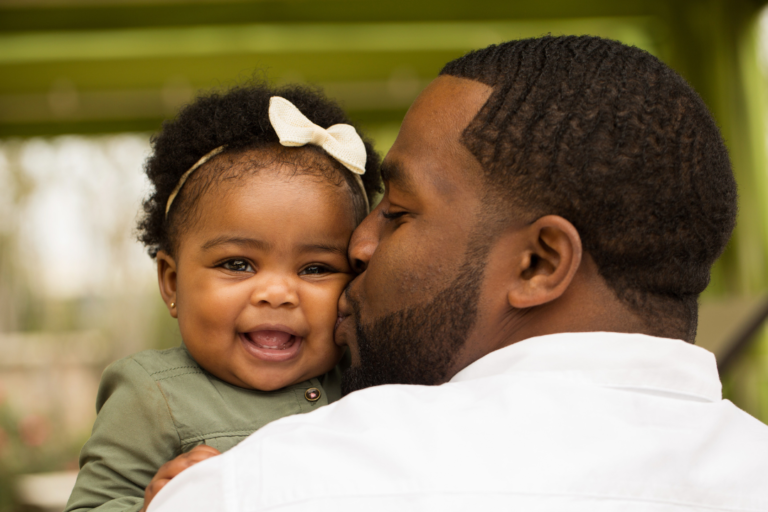Like most new parents you probably have certain anxieties and expectations for your baby. From feeding to sleep to health, the concerns will raise their heads at different times over the first three years of your baby’s life.
One common area of concern is your baby’s development – what milestones are vital and when should they be achieved?
As a starting point, it must be understood that most of our concerns over development amount to nothing. Since milestones occur in a wide range, there is almost never reason to be very concerned. As an example, babies can walk anytime between 9 and 18 months and be completely spot on developmentally and have excellent gross motor skills later. Most milestones have a wide range of normal. However, there are certain delays or clusters of delay that should be watched for.
These are the clusters of delays that I would recommend discussing with your doctor to rule out developmental issues:
Social
Babies are wired to be social and delays in this area are concerning if they prevent your baby from connecting with you.
- Not turning towards sound and not making eye contact by 1 month of age
- Not making eye contact and not smiling by 8 weeks old
- Not babbling by 8 months and not pointing at a year
Motor skills
Mastering his world through movement is critical and these delays may indicate low tone or other problems.
- Hates tummy time, has never rolled and is not crawling by 10 months
- Not sitting by 8 months
- Not walking by 18 months
Feeding
Feeding challenges are so hard to cope with and are of concern if your baby.
- Battled to breastfeed, did not latch and is very sticky about what teat is used plus gags on any lump in baby food after 6 months of age
- Only breastfeeds because he won’t tolerate any texture in his mouth after 6 months of age
Language
Language is the most variable of all areas of development. Look for a cluster of these signs:
- Doesn’t turn towards sounds
- Never babbles (after 8 months)
- No words by 14 months
- No pointing by 14 months
- Very limited (3 or less words) at 18 months
These are a few of the concerning signs you can look out for in the first three years. If your baby or child of any age suddenly starts losing skills, you need to get it checked out.




